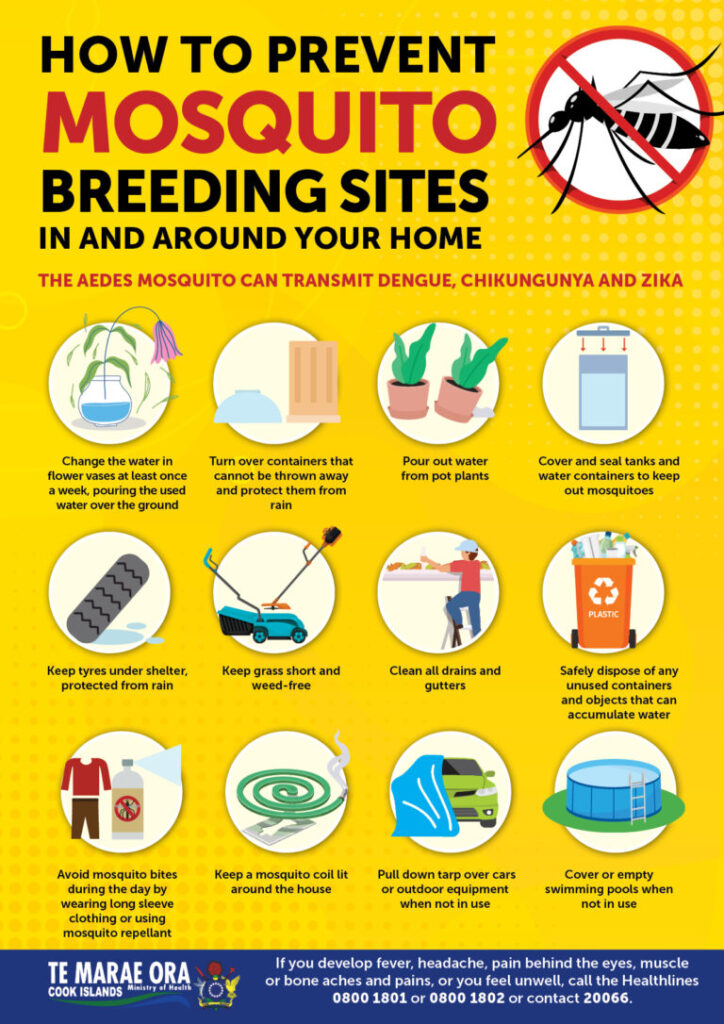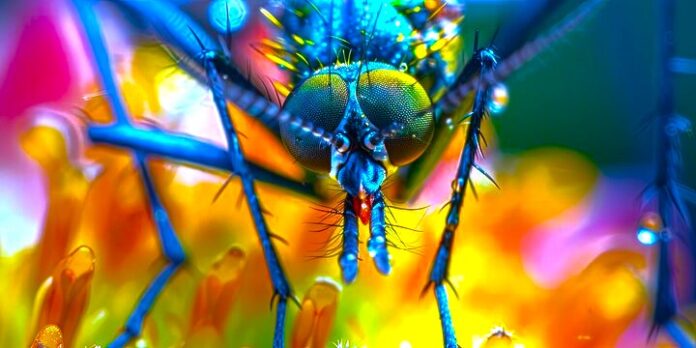Written by Esther Swamidason
On August 20, 1897, Sir Ronald Ross made a pivotal discovery by identifying the malaria parasite in the stomach of a female Anopheles mosquito. “World Mosquito Day” helps us commemorate this historical event annually to help raise awareness towards mosquito-borne diseases worldwide.
Mosquitoes are indeed deadly ancient creatures that take over a million lives each year. Their lineage tracing back more than 200 million years, making them older than many dinosaurs. Yet, their long evolutionary history has played a subtle yet significant role in shaping the ecosystems and species interactions we see today.
First discovery
Mosquitoes first appeared during the Triassic period, around 210 million years ago. The first ever mosquito fossil was discovered trapped in amber in central Lebanon, dating back to about 130 million years! The peculiar thing about ancient mosquitoes was that their males had long blood-sucking mouth parts that only females have today. This allowed researchers to assume that mosquitoes were always hematophagous (blood-feeding) parasites. But, this was only until many animal groups such as large dinosaurs and mammoths went extinct. Thereafter, some evolved to be plant fluids.
Role in Species Co-evolution
Mosquitoes have shown great resilience, surviving many extinction events in history and they continue co-evolved with their hosts, including humans! For example, the development of thicker skin or specialized behaviours such as some primates using natural materials like leaves to avoid mosquito bites are all evolutionary responses instigated by our miniscule villain.
Furthermore, populations exposed to mosquitoes and hematophagous diseases have developed stronger immune responses. The most popular example is the sickle cell trait & thalassemia prevalent in populations across malaria-endemic regions such as Sub-Saharian Africa and India.
Drivers of Biodiversity
What we often fail to observe is that even the most notoriously fatal creatures contribute towards the beautiful balance of ecosystems. Animals that feed on mosquitoes, such as birds, bats, and other insects, have evolved alongside them. They help maintain the balance of predator-prey relationships, supporting the health and diversity of habitats. By laying eggs in various water bodies, they also contribute to the nutrient cycle, impacting plant growth and aquatic life.
What went wrong?
Despite mosquitoes being silent cheerleaders in our environment, involved in species evolution and biodiversity, today, their population has saturated to a perilously intense extent. This has resulted in adverse impact on human health and the ecosystem. Some reasons include:
- Improper waste management & poor sanitation has increased mosquito breading grounds
- Overuse of insecticides have developed insecticide-resistance in mosquitoes, causing for control means to be ineffective
- Urbanisation & deforestation have allowed for increased incidents of flooding escalating mosquito breeding
- Global warming has increased the Earth’s temperature in a favourable way for mosquito breeding
Call for action

The above infographic released by the Ministry of Health, Cook Islands is not something that we have seen for the first time. However, many of us fail to practice the above. Consequently, we have contributed towards the countless number of lives lost due to mosquito-borne diseases.
At ChromosomeVI, we have launched a World Mosquito Day Campaign #C6beatsthebite to call everyone to action while contributing towards the UN SDG goal #3, good health & wellbeing. Share a story of how you have helped prevent mosquito-borne disease by practicing any one of the many ways of destroying breeding grounds of mosquitoes in your neighbourhood or society through your social media. If you live in a temperate country where mosquito populations are scarce, help us raise awareness by posting a message on your social media. Don’t forget to add the hashtag #C6beatsthebite and tag us so we can see it!
Let’s work together to turn the tide on these ancient threats and beat the bite!
Visit our Social Platforms:
- Instagram: @Chromosome06
- YouTube: @chromosomevi
- LinkedIn: Chromosome06


